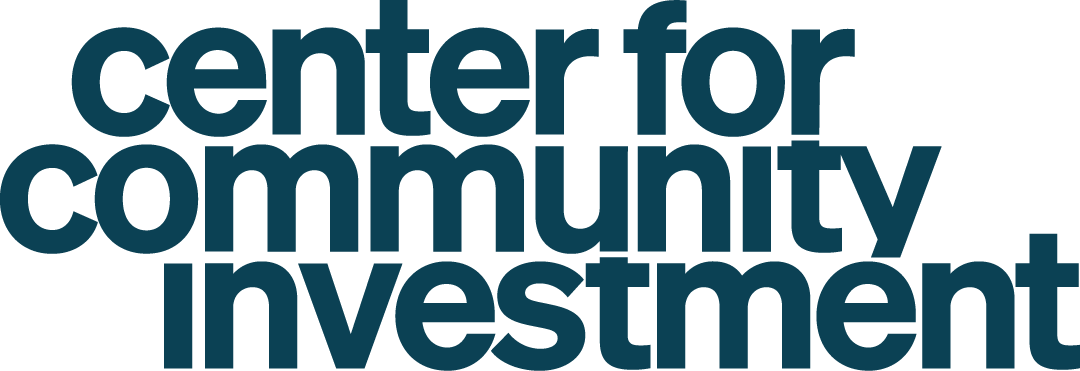In this week’s interview, we speak with Will Lambe, Director of Capital Solutions at the Enterprise Community Loan Fund. Fresh off a recent job transition, Will explains what skills and perspectives he will take from the Fulcrum Fellowship into his new position. Will also describes the evolution of his challenge and how he plans to increase community ownership moving forward.
Tell us a little bit about your background, and how you ended up in your role at Enterprise.
I’ve been working in community and economic development finance for 15 years. I started my career in more of an academic setting but have slowly and surely moved into more of a practitioner and transactional role. My new job as Director of Capital Solutions at Enterprise Community Loan Fund, a community development financial institution (CDFI), is the latest manifestation of that evolution. I spent the last five years at the Federal Reserve Bank of Atlanta, building out a network of investors and practitioners to try to direct more resources to distressed communities in the Southeast. My move to Enterprise a few months ago is a way to build on that work and go deeper.
What challenge have you chosen to focus on in your Fulcrum Fellowship?
When I started the fellowship, I was still at the Federal Reserve Bank of Atlanta and I was Initially focused on how to use the Bank to create more leadership in the Southeast around the idea of community investment. I wanted to take the private sector appeal of the community investment model and build that out through the connection the Bank has to business leadership in the region. This is a challenge that remains viable for someone else to pick up. During my time in the fellowship, I realized that I wanted to shift even further into the practitioner space and the role at Enterprise is a move in that direction. Now I am focused on the challenge of community ownership and profit-sharing around Enterprise’s investments. I was interested in these elements when I started fellowship last year, but I can tackle them directly in my new role.
What are you learning about what it’s going to take to move this challenge of community ownership?
I see four things necessary to increase community ownership around our investments. It will take a set of investment principles that Enterprise as an intermediary is attempting to construct and hold up as criteria for our engagement in certain kinds of projects. Second, it will take local, community-based commitment and skin in the game. This could be on the funding side, but also could be in changes to the enabling environment in the form of zoning or public approval processes that encourage investors to consider how they might bring in partners that reflect the community. Third, it will take new and creative subsidy sources, including patient investors. Finally, it will require a clear understanding of the pipeline of projects in a community.
What have been the most valuable aspects of the Fulcrum Fellowship?
I’ve really benefitted from the accountability exercises, as well as the time and commitment of everyone involved to make this a lasting network of colleagues that rely on each other for support, advice, and partnership.
What most excites you looking beyond your time as a Fulcrum Fellow?
The launch of Enterprise’s Opportunity Zones fund, which will open lots of new channels and avenues for pushing my challenge forward. I’m excited to take the seed that’s been planted as part of this fellowship to push ahead and do more given the new landscape and resources.
What is your media diet?
I’m totally addicted to Season 3 of the Serial podcast, which focuses on the Cleveland criminal justice system. I’m waiting with bated breath for every episode.

